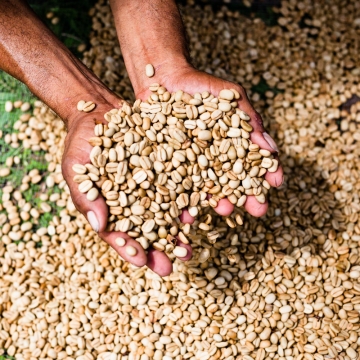Heterogeneous effects from integrated farm innovations on welfare in Rwanda
Using a multinomial endogenous switching regression model, this study examined the factors that influence farmers’ decisions to adopt multiple integrated technologies and then estimated the effects of adopting integrated farm technologies on farm yield, farm income, and household food expenditure. The results showed that adopting higher-order suites of technologies provides higher dividends to farmers in terms of farm yield and income relative to a single technology adoption.
